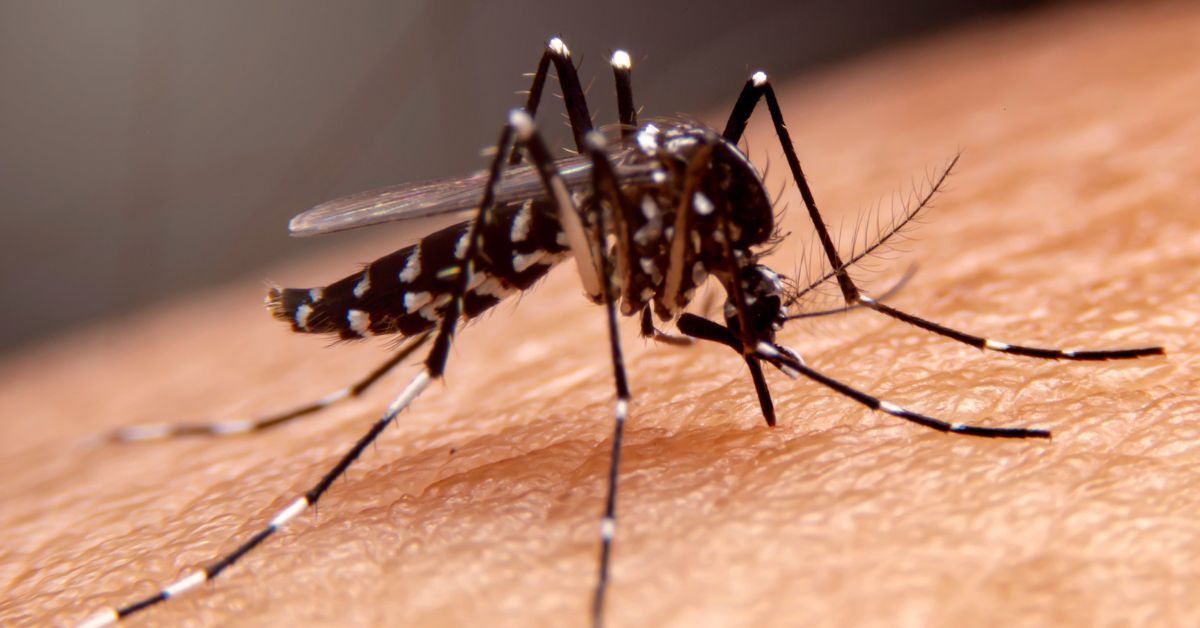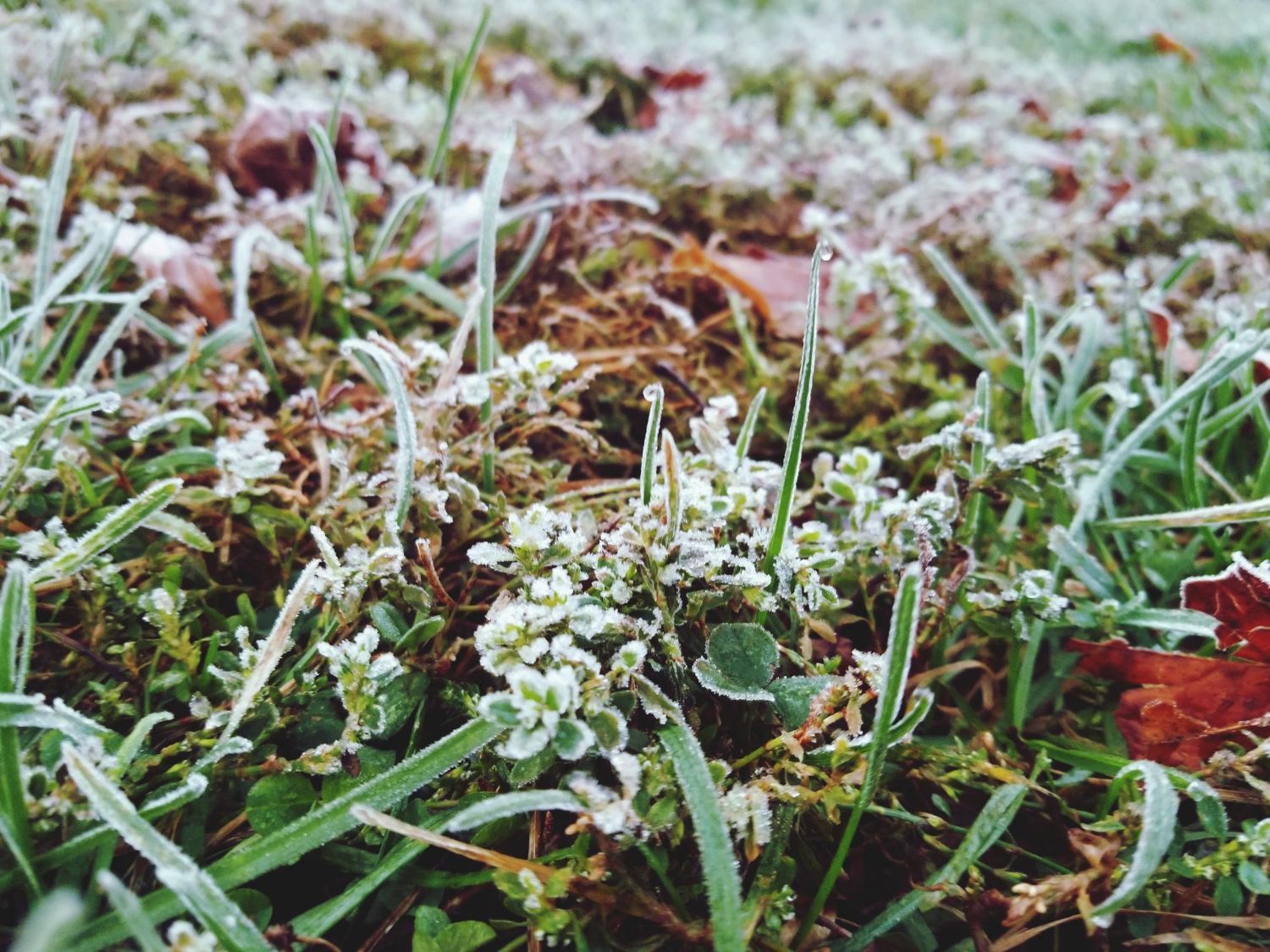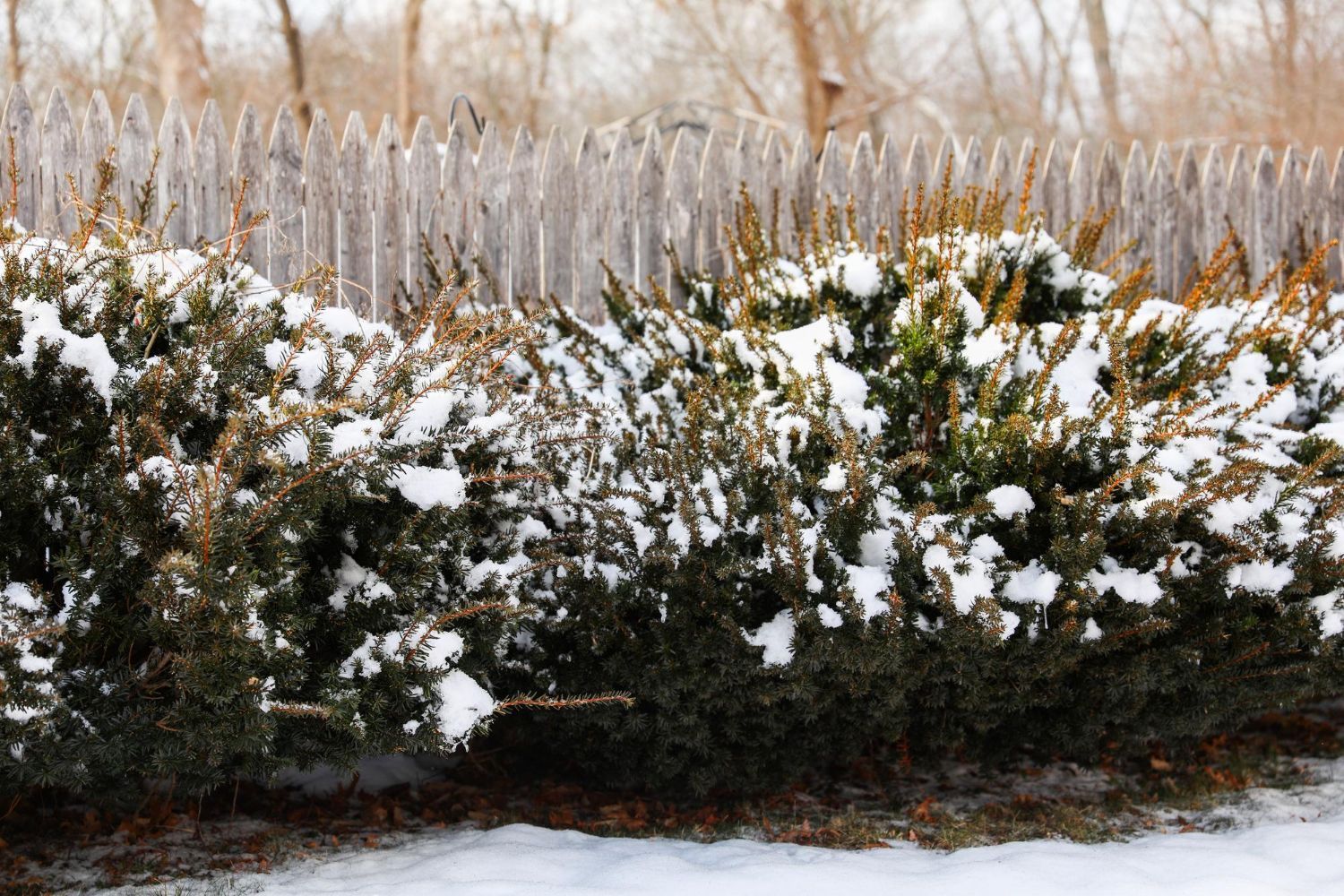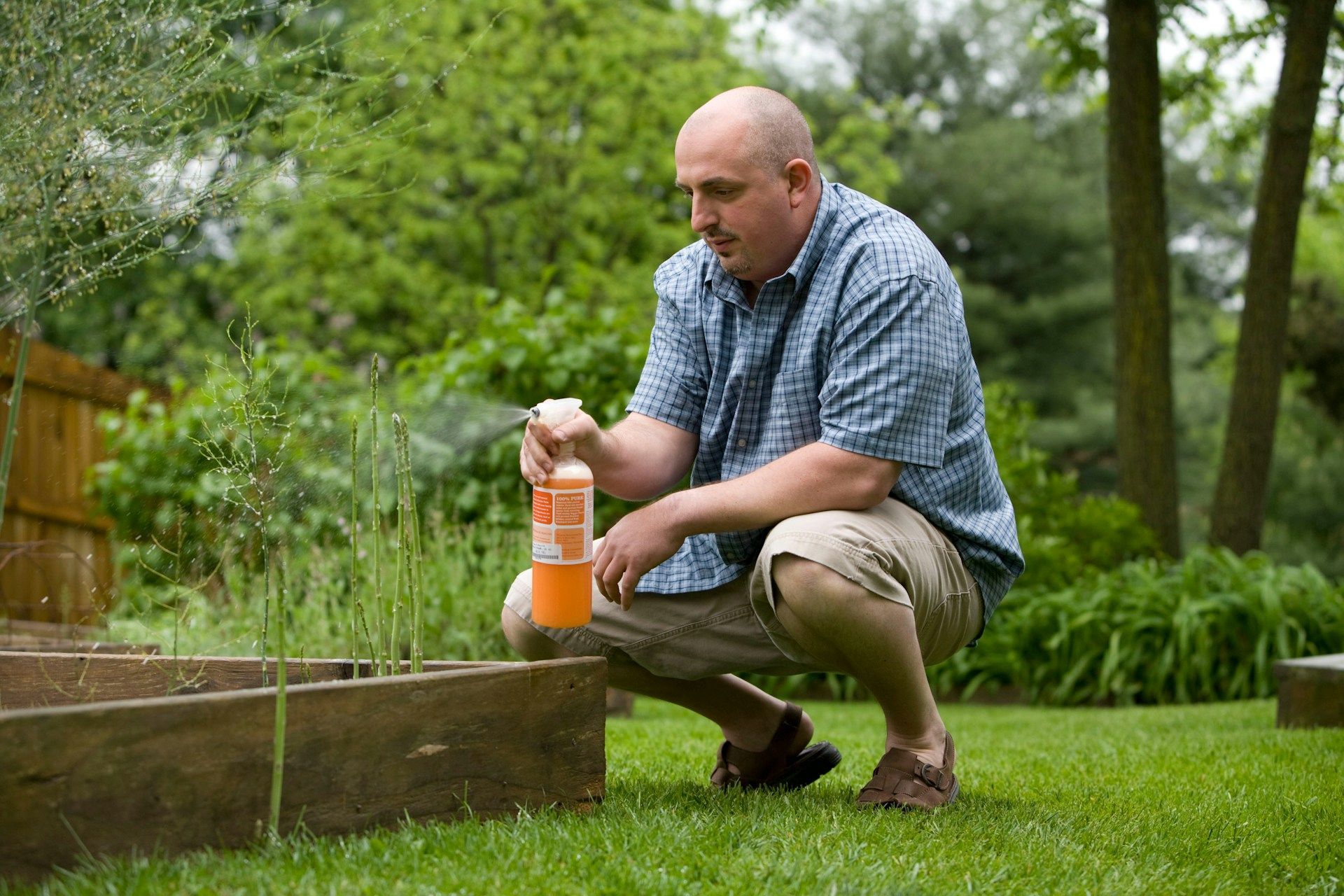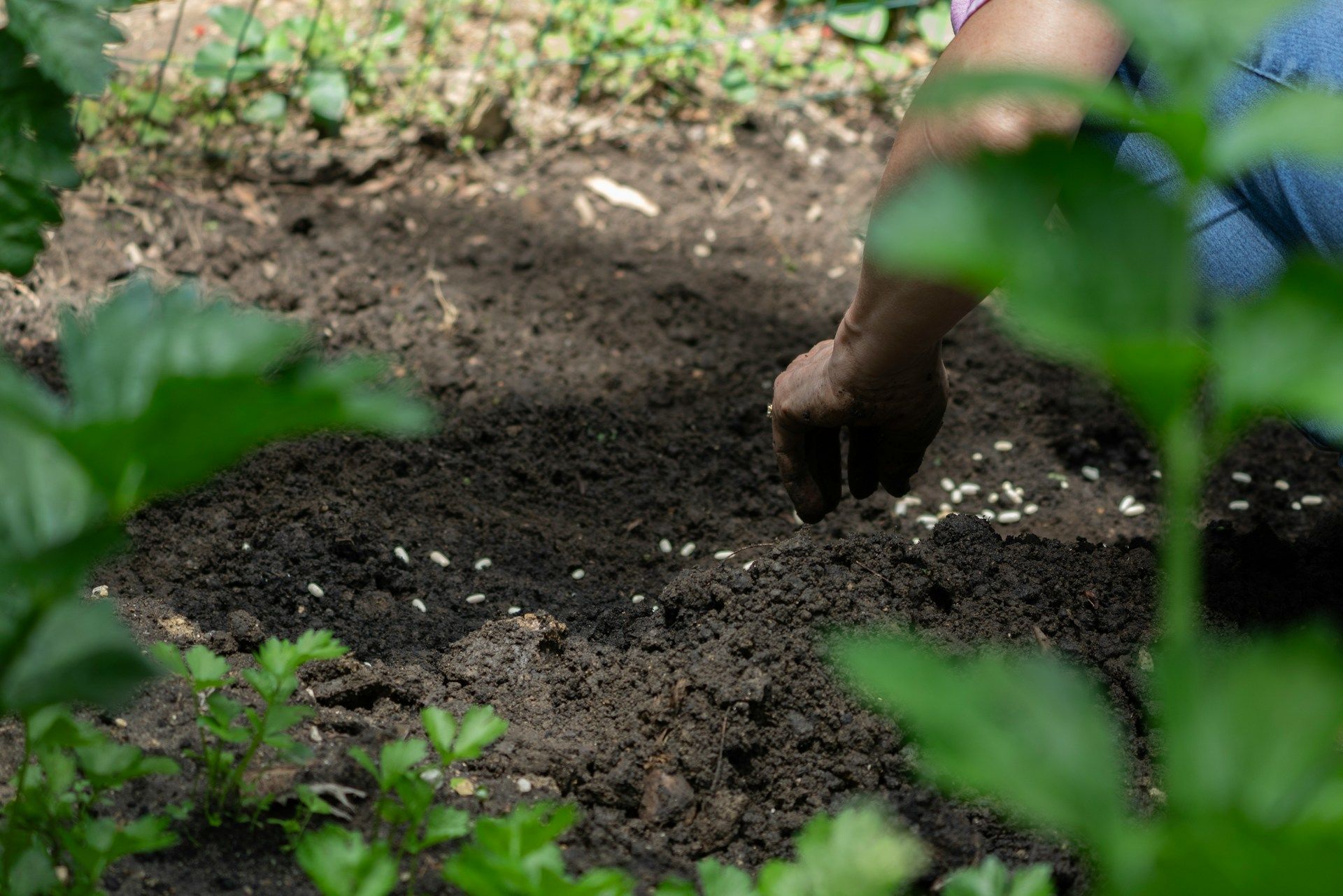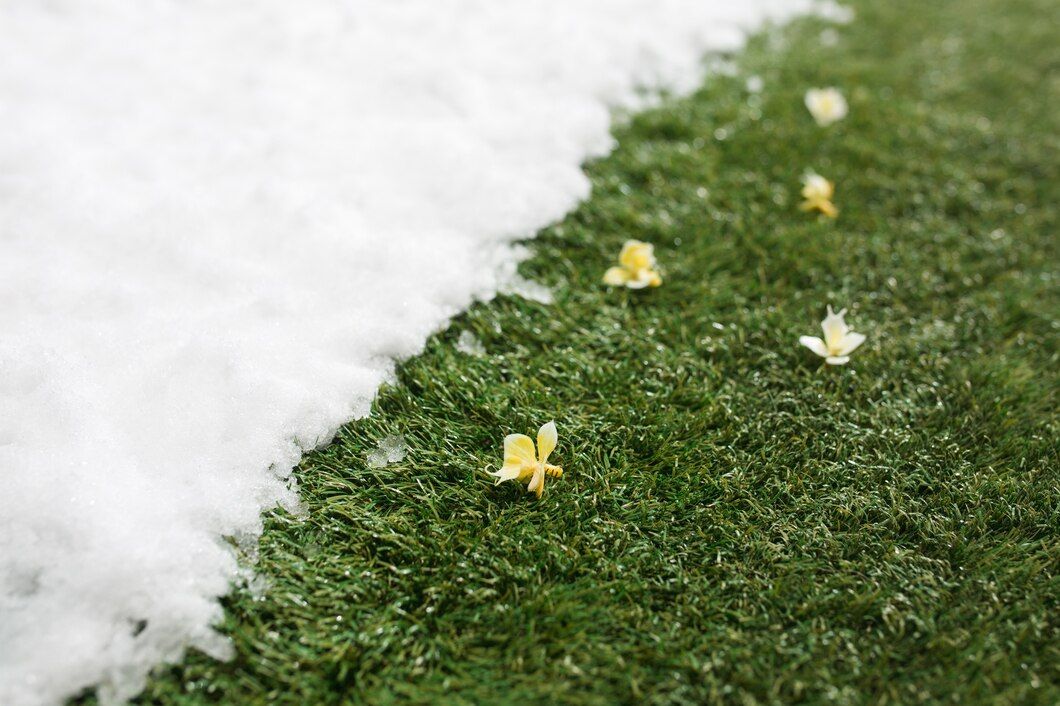What Our Customers Are Saying
Important Information about Mosquitos in New Jersey
What is the most common mosquito in New Jersey?
The mosquito population in New Jersey can vary depending on several factors, including weather conditions, temperature, rainfall, and the presence of standing water where mosquitoes lay their eggs. Generally, New Jersey experiences a notable mosquito season during the warm and humid months, which typically starts in late spring and extends through early spring.
New Jersey has a diverse range of mosquito species, but some of the most common ones include:
- Asian tiger mosquito: This mosquito is aggressive and known for biting during the day.
- Common house mosquito: These mosquitoes are more active during the evening and night and breed in standing water, such as stagnant pools, bird baths, and ditches.
What do mosquitos eat?
Mosquitoes primarily feed on the nectar of flowers and other plant juices. Both male and female mosquitoes can obtain essential nutrients from these plant sources. However, female mosquitoes require an additional protein source for the development of their eggs. To obtain this protein, female mosquitoes feed on the blood of various animals, including mammals, birds, reptiles, and amphibians.
Male mosquitoes do not need blood for egg development and solely rely on plant nectar and other sugary substances for nourishment. They don't possess the specialized mouthparts required to pierce the skin and feed on blood.
When female mosquitoes bite and feed on the blood of a host, they use their specialized mouthparts, called proboscis, to pierce the skin and access blood vessels. While feeding, they also inject saliva into the host's bloodstream, which contains anticoagulants that prevent the blood from clotting and facilitate easier feeding.
It is the female mosquito's quest for a blood meal that often leads to mosquito-borne disease transmission when the mosquito is carrying pathogens from one host to another.
What months are mosquitos most active in NJ?
Mosquito activity in New Jersey is typically most active during the warm and humid months, which generally extend from late spring through summer and into early fall. The prime mosquito season in New Jersey typically covers the following months:
- Late Spring: May
- Summer: June, July, August
- Early Fall: September
During these months, the temperature and humidity levels create favorable conditions for mosquito breeding, development, and activity. Female mosquitoes are actively seeking blood meals to develop their eggs during this time, leading to an increase in mosquito biting activity.
It's important to note that mosquito activity can vary from year to year based on weather conditions and other environmental factors. Additionally, different mosquito species may have slightly different peak activity times.
How do you prevent mosquitos from biting you?
One of the best things you can do to prevent mosquito bites is sign up for our mosquito control program. Our recurring mosquito control treatment program is designed for lasting relief. We also offer event spraying. To learn more about our mosquito control program give us a call today! We also have an instant quote feature- it's fast, easy, and FREE! Get you quote today!
Preventing mosquito bites is essential to reduce the risk of mosquito-borne diseases and to avoid the discomfort of itchy bites for you, your family, and guests. There are several things you can do help minimize mosquitos bites and population in your yard.
- Use mosquito repellents: Apply EPA-approved mosquito repellents. Follow the product instructions for proper application.
- Wear appropriate clothing: When spending time outdoors in mosquito-prone areas, wear long-sleeved shirts, long pants, and socks to minimize exposed skin.
- Avoid peak mosquito hours: Mosquitoes are most active during dawn and dusk, so try to stay indoors during these times if possible. If you are going to be outdoors at those times make sure you have repellent.
- Use mosquito nets: When camping or sleeping outdoors, use mosquito nets to create a physical barrier between you and the mosquitoes.
- Eliminate standing water: Mosquitoes breed in standing water, so remove or regularly empty containers like flower pots, birdbaths, buckets, and any other objects that may collect water around your home.
- Install screens: Make sure your windows and doors have screens in good condition to prevent mosquitoes from entering your home.
- Use fans: Mosquitoes are weak fliers, so having a fan running can help create a breeze that makes it difficult for them to land on you.
- Wear light-colored clothing: Mosquitoes are often attracted to dark colors, so wearing light-colored clothing may help reduce their attraction to you.
- Avoid strong scents: Perfumes, scented lotions, and fragrances can attract mosquitoes, so it's best to avoid using them when spending time outdoors.
- Use mosquito coils or citronella candles: Burning mosquito coils or using citronella candles can help repel mosquitoes from your immediate surroundings.
Here are some interesting facts about mosquitoes:
- Species Diversity: There are over 3,500 species of mosquitoes worldwide, with around 176 species found in the United States.
- Females Bite: Only female mosquitoes bite and feed on blood. They require the protein from blood to develop and lay their eggs.
- Males Feed on Nectar: Male mosquitoes primarily feed on nectar from flowers and other plant juices and do not require blood for their survival.
- Short Lifespan: The average lifespan of an adult mosquito ranges from a few days to a few weeks, depending on the species and environmental conditions.
- Fast Reproduction: Mosquitoes can reproduce rapidly, with some species laying hundreds of eggs at a time. Their life cycle, from egg to adult, can be as short as a week.
- Attracted to Carbon Dioxide: Mosquitoes are attracted to humans and animals by the carbon dioxide they exhale, body heat, and certain chemicals present in sweat.
- Sensory Organs: Mosquitoes have specialized sensory organs called palps, which help them detect chemicals and odors, guiding them towards potential hosts.
- Feeding Habits: Some mosquito species are active during the day, while others are more active at night. Different species also prefer different types of hosts, ranging from mammals to birds and reptiles.
- Vector for Diseases: Mosquitoes are responsible for the transmission of several deadly diseases to humans, including malaria, dengue fever, Zika virus, West Nile virus, and chikungunya.
- Short-Range Fliers: Most mosquitoes have a relatively short flight range, typically around 1-3 miles, although some species can travel longer distances.


